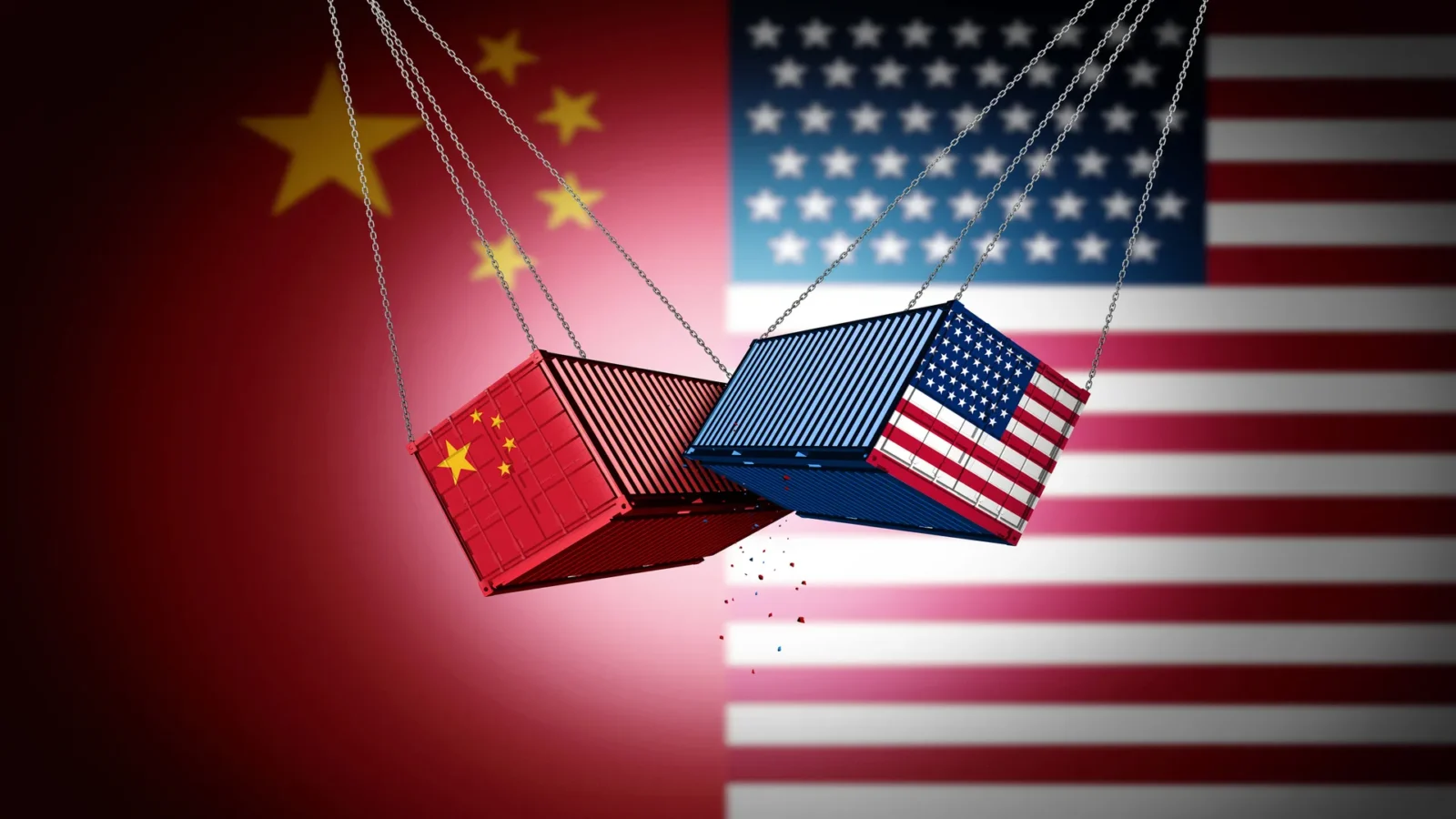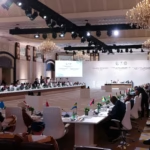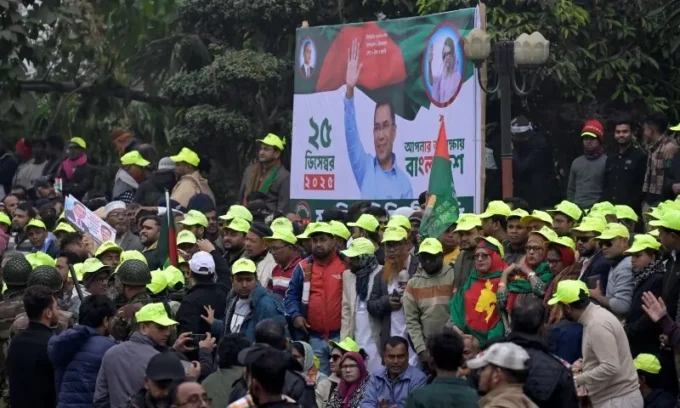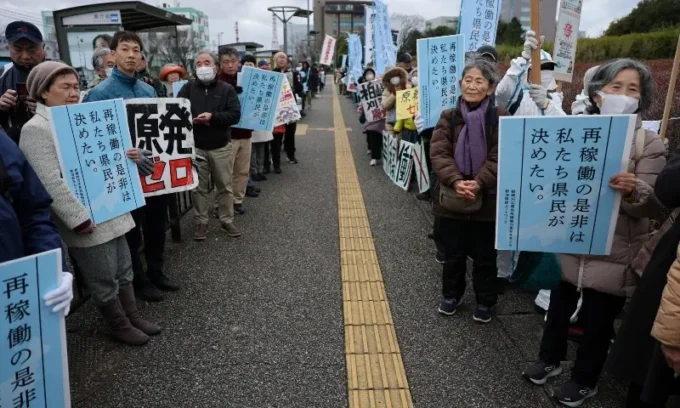MADRID – The United States and China began a new round of high-stakes trade negotiations in Madrid on Sunday, with discussions expected to focus on tariff disputes, supply chain disruptions, and the future of TikTok.
The talks, hosted at Spain’s Palacio de Santa Cruz, bring together senior delegations led by US Treasury Secretary Scott Bessent and Chinese Vice Premier He Lifeng. The meetings will continue until Wednesday, signaling the determination of both countries to de-escalate trade tensions that have rattled global markets throughout 2025.
Trade relations between Washington and Beijing have been highly volatile this year, with tit-for-tat tariff hikes reaching triple digits before both sides agreed to a partial rollback. The current arrangement has reduced US tariffs to 30 percent and China’s to 10 percent, but the truce remains temporary, set to expire on November 10 unless extended.
Another key issue dominating the agenda is the looming September 17 deadline for TikTok to secure a non-Chinese buyer or face a ban in the US over national security concerns. The Biden administration, like its predecessor, has maintained pressure on Beijing over the app’s ownership, while China has criticized Washington’s approach as politically motivated and harmful to free trade principles.
Beijing’s Commerce Ministry on Friday urged Washington to engage in dialogue “on the basis of mutual respect and equal consultations” to resolve disputes, reflecting China’s concerns that US measures could set dangerous precedents for tech trade restrictions.
Economists note that the outcome of the Madrid talks could have far-reaching consequences for global trade flows, investment patterns, and technology markets. Any breakthrough on tariffs or TikTok could help stabilize financial markets and ease supply chain bottlenecks, while a failure could reignite uncertainty in global commerce.















Leave a comment